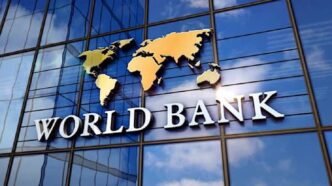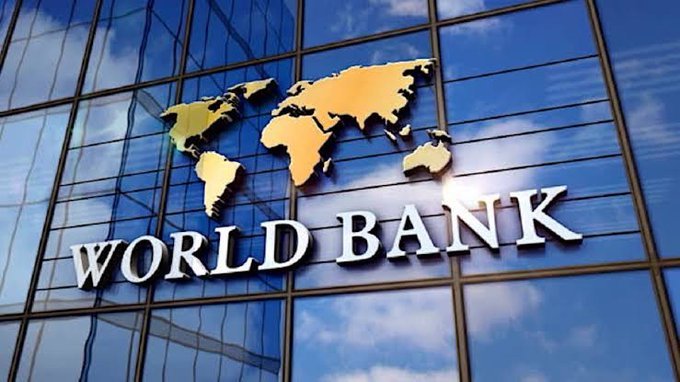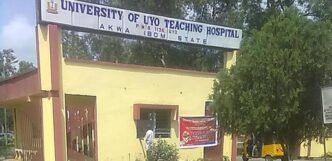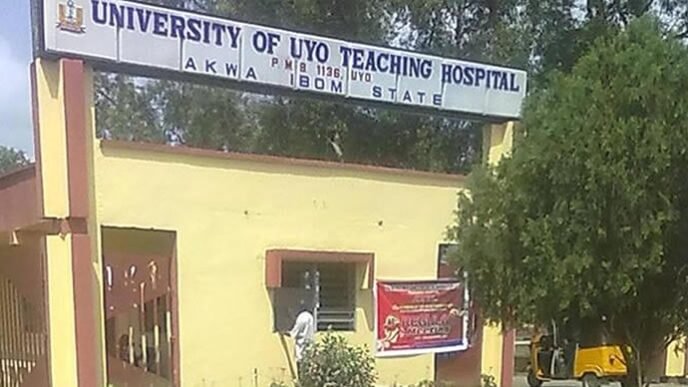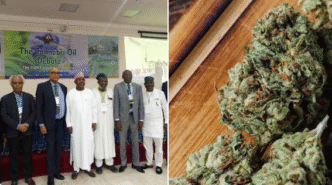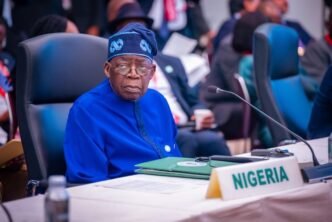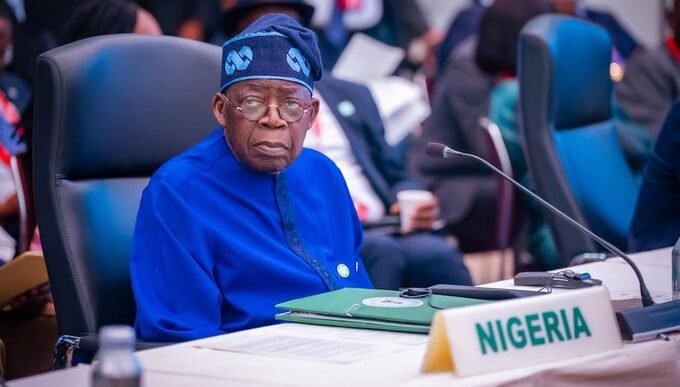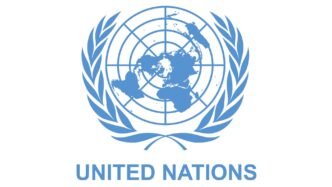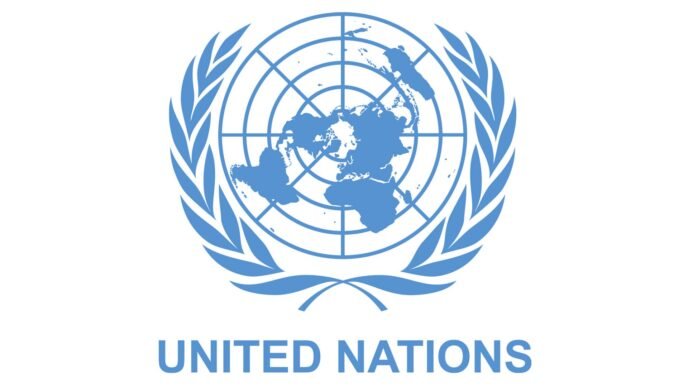Despite recent economic reforms aimed at stabilizing Nigeria’s economy, the World Bank has revealed that more than 39 million Nigerians remain trapped in poverty. The Bank’s latest Nigeria Development Update (NDU), released in October 2025, paints a sobering picture of Africa’s largest economy—one where policy gains have yet to translate into tangible improvements in the lives of millions of citizens.
The report acknowledges that President Bola Tinubu’s administration has implemented bold macroeconomic reforms since mid-2023, including the removal of fuel subsidies and the unification of exchange rates. These measures were designed to restore fiscal stability, attract investment, and address long-standing structural weaknesses. However, while the reforms have shown progress on the macroeconomic front, their short-term impact on households has been severe, pushing millions into economic distress.
Persistent Poverty Amid Reform Momentum
According to the World Bank, approximately 39 million Nigerians are currently living below the national poverty line. This figure underscores the depth of socioeconomic inequality in a nation where over 133 million people are considered to be in multidimensional poverty—lacking access not only to income but also to education, healthcare, clean water, and housing.
The report attributes the persistence of poverty to several factors: high inflation, stagnant wages, and weak job creation. Inflation, which surged to over 31% in mid-2025, has eroded purchasing power, especially for food and essential goods. Food inflation alone remains above 40%, placing immense strain on low-income households who spend the bulk of their earnings on food.
“The reforms implemented by the Nigerian government are necessary for long-term recovery and fiscal sustainability,” the World Bank noted. “However, the immediate effects have been regressive, disproportionately affecting poor and vulnerable Nigerians, particularly women and those in rural areas.”
Reforms and Their Economic Impact
President Tinubu’s administration inherited an economy grappling with sluggish growth, massive subsidy expenditures, and a foreign exchange crisis. In response, the government removed fuel subsidies in May 2023 and adopted a market-driven exchange rate policy under the “Renewed Hope” agenda. These reforms were initially applauded by international financial institutions, including the World Bank and the International Monetary Fund (IMF), for their potential to restore fiscal discipline and unlock foreign investment.
Yet, the benefits of these policies have been slow to reach ordinary Nigerians. The World Bank report highlights that, while the reforms helped improve fiscal transparency and boosted foreign exchange inflows, they also led to higher transportation costs, energy prices, and food insecurity in the short term.
The depreciation of the naira following the exchange rate unification further compounded inflationary pressures. Between June 2023 and August 2025, the naira weakened significantly, driving up the cost of imports and contributing to a sharp rise in living costs.
Poverty by the Numbers
The World Bank’s poverty analysis shows that poverty levels vary widely across Nigeria’s regions. The northern states, particularly in the North West and North East, continue to record the highest poverty rates, driven by insecurity, low agricultural productivity, and weak access to education. In contrast, the southern states, especially Lagos, Rivers, and Ogun, show moderate improvement due to stronger industrial and service sectors.
Rural poverty remains a critical issue, with about 70% of the poor residing in rural communities. These areas depend heavily on smallholder agriculture, which has been severely impacted by insecurity, climate change, and rising input costs. Many rural farmers have been displaced by banditry and communal conflicts, reducing agricultural output and food availability nationwide.
Urban poverty is also on the rise, particularly among informal workers and low-income households in cities. As the cost of rent, transportation, and basic goods surges, many urban dwellers have slipped below the poverty line despite having jobs.
Reform Gains and Challenges
The World Bank acknowledged that Nigeria’s reform program has yielded notable progress in some key macroeconomic areas. Fiscal revenues have increased, the fuel subsidy bill has been eliminated, and foreign investor confidence has gradually improved. Additionally, the government’s efforts to digitize tax administration and improve public financial management have begun to strengthen revenue mobilization.
However, the report cautions that these gains remain fragile without parallel investments in social protection and job creation. “For reforms to be sustainable and inclusive, they must be accompanied by robust social programs that protect the poor and create opportunities for employment and income growth,” the report emphasized.
The World Bank urged Nigeria to expand cash transfer programs and food support initiatives to cushion vulnerable households from inflationary shocks. It also called for increased investments in education, healthcare, and small-scale industries to build human capital and improve productivity.
Social Safety Nets and Government Response
In response to mounting economic hardship, the Nigerian government has rolled out a series of intervention programs, including the Presidential Palliative Programme (PPP), aimed at distributing ₦75 billion to small businesses, farmers, and vulnerable households. The administration has also launched digital cash transfers through the National Social Investment Programme (NSIP) to reach poor Nigerians directly.
Minister of Finance and Coordinating Minister of the Economy, Wale Edun, recently reaffirmed the government’s commitment to social protection, noting that reforms are being fine-tuned to balance fiscal discipline with social welfare. “We recognize that reforms can be painful in the short term,” Edun said. “But we are focused on cushioning the impact through targeted interventions while building a more resilient and inclusive economy.”
Despite these assurances, the World Bank report notes that implementation bottlenecks, data gaps, and limited fiscal space have hindered the effective delivery of support to those most in need. It recommends a more coordinated approach between federal and state governments to ensure that interventions reach vulnerable communities efficiently.
Inflation, Employment, and Living Standards
Nigeria’s unemployment rate remains a major driver of poverty. Although the government has launched initiatives to promote youth entrepreneurship and small-scale enterprises, the formal job market has struggled to absorb the growing labor force. According to the National Bureau of Statistics (NBS), underemployment and informal work remain widespread, with millions of Nigerians surviving on subsistence income.
Rising inflation has further diminished the quality of life. Essential commodities such as rice, beans, bread, and cooking oil have tripled in price since 2023. Transport costs have skyrocketed, driven by high fuel prices, while electricity tariffs and school fees have also increased. For most Nigerian households, these costs have outpaced income growth, leaving them worse off despite the promise of reform-driven recovery.
The World Bank warns that without significant improvement in real wages, agricultural productivity, and job creation, poverty reduction efforts will remain sluggish. It projected that the number of poor Nigerians could rise further if inflation persists and growth fails to exceed population expansion.
The Path Forward
To reverse the trend, the World Bank recommends a multi-pronged strategy focusing on inclusive growth, macroeconomic stability, and human capital development. Key policy priorities include:
- Strengthening Agricultural Productivity: Investing in irrigation, storage, and rural infrastructure to improve food security and raise rural incomes.
- Expanding Social Protection: Scaling up targeted cash transfers and food support programs for low-income households.
- Promoting Private Sector Growth: Reducing regulatory bottlenecks and supporting micro, small, and medium enterprises (MSMEs) through access to credit and business-friendly policies.
- Boosting Energy and Infrastructure Investments: Ensuring reliable electricity and transport systems to lower production costs and stimulate job creation.
- Enhancing Fiscal Transparency: Ensuring that savings from subsidy removal are transparently reinvested in social and economic development projects.
The report concludes that while Nigeria’s ongoing reforms are vital for long-term stability, sustained investment in human capital and social welfare remains the key to lifting millions out of poverty. Without this, the economic recovery risks leaving the majority of Nigerians behind.
Conclusion
The World Bank’s latest findings underscore a critical paradox in Nigeria’s economic reform story: despite macroeconomic gains, the human cost remains staggering. With 39 million Nigerians living in poverty and millions more at risk, the challenge for the Tinubu administration lies in translating policy success into people-centered growth. For Africa’s most populous nation, the road to shared prosperity will depend not just on fiscal prudence, but on inclusive, equitable development that leaves no one behind.

